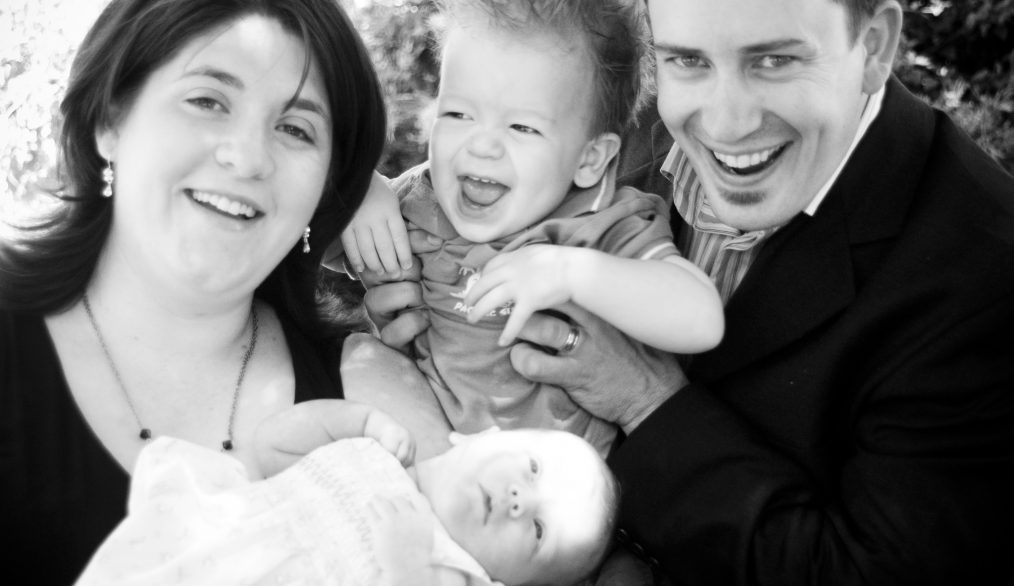
Developmental Milestones of 4-6 Month Olds
Your baby is growing in awareness and control of his body. A main highlight of this stage is the baby wanting to be more independent especially at feeding time, playing by himself, as well as a growing awareness of strangers.
You can also encourage early speech by looking at him in the eye and explaining activities or events that are happening especially when he tries to chatter and gurgle in response.
What 4-6 Month Olds Can Do
Having a better hand grasp allows them to explore things up close, they will also show enthusiasm for ‘tasting’ everything. It is a good idea to start giving them an awareness of what is not safe and train them by gently removing an unsafe object out of their grasp. They can also attempt to self feed at this stage. Be ready for the following:
- He can start to have better control of his head and to be more steady.
- They can already play alongside other babies
Likes & Dislikes of 4-6 Month Olds
- Your baby thrives on your attention, and will rely on your for his stimulation. They also enjoy the following
- Likes dropping toys and objects and picking them up
- May enjoy holding objects and start self feeding early.
- Can tend to be grumpy and reticent in the presence of unfamiliar adults
Speech & Language Development of 4-6 Month Olds
You are the most important speech teacher your baby could have. Experts recommend imitating their sounds and encouraging them and mirroring their expressions. You can laugh and cry when they do, as this will also enhance their emotional development.
- Blows raspberries
- Begins to understand what you are saying such as “no, look at that, don’t do that”
- Tries to communicate and attract your attention by using syllables, sounds (shrieks, screams) and body movements
- Tries to respond and imitate when engaged in conversation.
Cognitive Development of 4-6 Month Year Olds
By this age, your baby shows a more ‘adventurous’ learning style, with an interest in objects that are not within his immediate vicinity, try to introduce toys that make noise, or move to introduce cause and effect.
- Remembers objects, toys
- Curious about toys
- Can distinguish faces, and voices including gender of people
- Learns about the properties of toys by interacting with them (rolling, bouncing, making rattling sounds)
Physical Development of 4-6 Month Olds
By this time, your baby can show more deliberate movements and hand-eye coordination in dealing with his surroundings. Try to help him master his control by encouraging him to transfer objects from one hand to another. You will also notice that they can already do the following
- Has a firm grip and grasp some toys
- Sucks on their toes
- Starts to show preliminary signs of crawling
- Can bear own head
- Can sit for a few minutes, best with some support
- Can hold the bottle
- Starts weaning
Social & Emotional Development of 4-6 Month Olds
Your baby is more aware of other people at this point. Try to set playdates and encourage exposure with other children although they may not play interactively just yet, and instead end up watching. This is an important way for them to get over their shyness. If they have a negative experience with a stranger, just be ready to comfort them immediately and they will soon forget this experience.
- May starts to have stranger anxiety
- Enjoys being social with other babies
- Gets affected by children
- Shows delight when anticipating the company of parents
- Can become quiet when listening to you talking
- Can play by himself for brief periods
